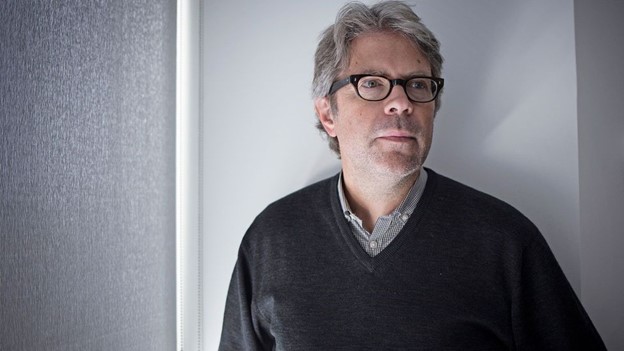
After 20 years at the top, Franzen is celebrated and scorned in equal measure. As he returns with a new book, Crossroads, John Self examines his contentious appeal.
Sometimes it seems like there are two people called Jonathan Franzen: the successful, acclaimed novelist, and his evil twin. This can be the only explanation for why he polarises otherwise like-minded people – that gentle subset of humanity we call readers – in a way that even Donald Trump or Meghan Markle can’t. As his new novel Crossroads is published, the battle is on once more.
Which world do you live in? The one where Franzen is a striding colossus of contemporary fiction, “a literary genius for our time” (The Guardian), “the novelist for our times” (Time), author of books such as Freedom, “a Great American Novel for our time” (Daily Telegraph) and The Corrections, “a moving epic for our time” (New York Magazine)? (Everyone agrees, it seems, that he is for our time.)
Or do you live in the world where Jonathan Franzen is not just a bad writer (“the plot here seems contrived and the characters fail to engage” – Kirkus) but a benchmark for everything that is wrong with modern literature? That is, the world critic Lauren Oyler evoked when, in a review of Torrey Peters’ novel Detransition, Baby for the London Review of Books in May, she said: “The naughtiest thought I had while reading it is that the book recalls the work of Jonathan Franzen. Among young writers online, this is more controversial than any sex thing you can come up with”. The world where, if Zadie Smith really did find The Corrections “impossible to dislike”, she wasn’t trying hard enough?
